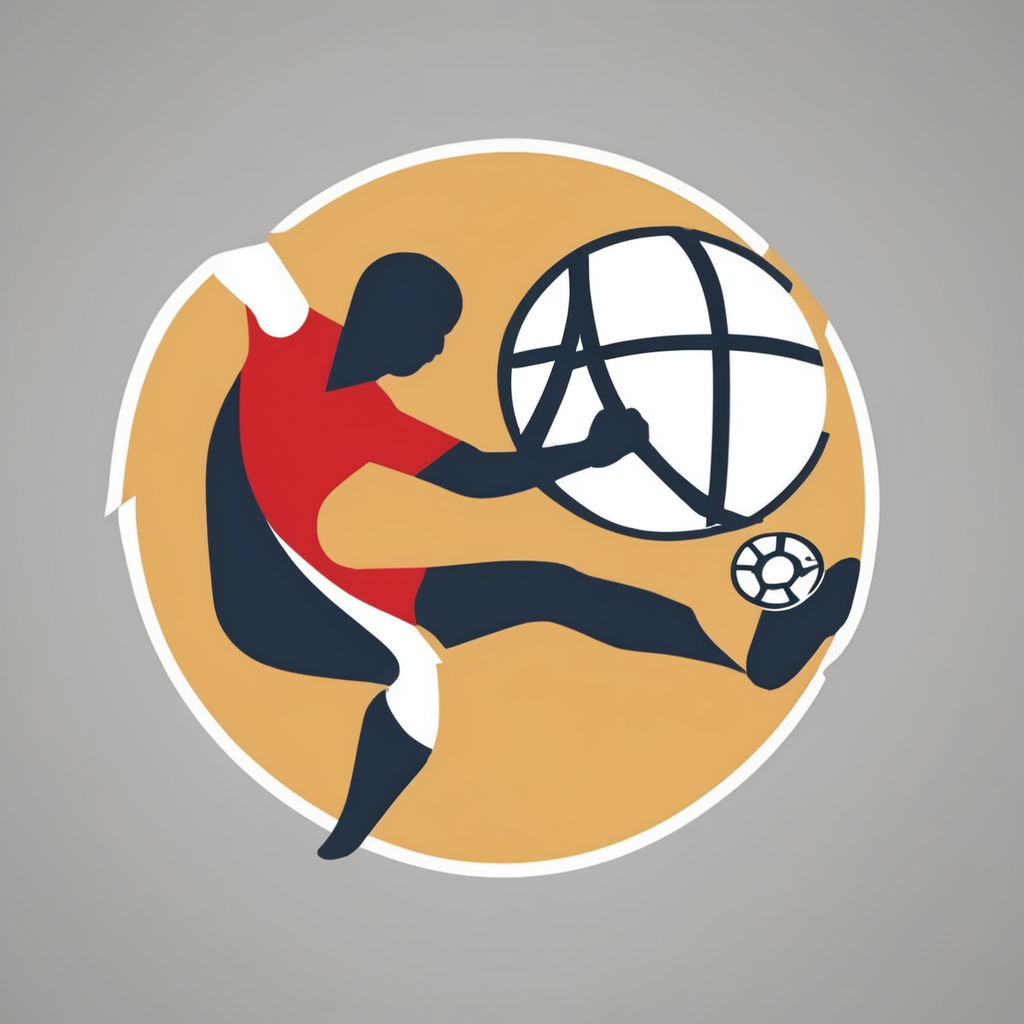Defining Alternative Sports and Their Presence in the UK
Understanding what sets alternative sports apart within UK sports culture
Alternative sports UK typically refer to activities that fall outside the umbrella of mainstream, traditional sports such as football or cricket. These sports tend to emphasize creativity, individual expression, and often have smaller, close-knit communities. Examples include parkour, which involves navigating urban obstacles with fluid, dynamic movement; skateboarding, blending athletic skill with artistic style; and ultimate frisbee, a fast-paced, non-contact team sport that prioritizes sportsmanship.
This might interest you : How Are Schools in the UK Integrating Alternative Sports into Curriculums?
The definition of alternative sports can be fluid, but it generally encapsulates those activities that challenge conventional sporting norms in both format and culture. Their appeal lies in offering fresh approaches to physical activity and community participation.
In the UK sports culture, the rise of alternative sports has been notable over the past decade. Increasing urbanization and a youthful population have spurred growth in participation and visibility. Facilities dedicated to these sports—such as skate parks and freerunning gyms—have expanded, reflecting the evolving landscape of sport in the UK. This growth signals a broadening definition of what sports can be, embracing diversity and innovation.
In parallel : How is the UK fostering the growth of niche sports?
Fostering Community Cohesion through Alternative Sports
Alternative sports in the UK play a crucial role in community cohesion by uniting individuals from varied backgrounds through shared interests. These sports emphasize social inclusion, breaking down barriers often found in traditional sporting environments. Through activities like skateboarding, parkour, and ultimate frisbee, participants engage in spaces where age, ethnicity, and skill levels matter less than enthusiasm and mutual respect.
Inclusivity in alternative sports communities is intentional and central. Unlike conventional sports that may require costly equipment or formal memberships, many alternative sports prioritize accessibility. This approach creates an inviting atmosphere where newcomers feel welcome, which enhances social bonds and fosters a sense of belonging.
The environments facilitating these sports often diverge from traditional venues. Urban parks, converted warehouses, and pop-up outdoor courts serve as safe spaces that support diversity and creativity. These non-traditional venues encourage participation free from judgment and hostility, reinforcing the social fabric of local communities. Alternative sports’ ability to cultivate acceptance and collaboration fundamentally strengthens community cohesion across the UK’s culturally rich landscape.
Promoting Social Interaction and Building Relationships
Alternative sports play a crucial role in fostering social interaction and developing meaningful friendships. These activities often involve group settings where participants engage in shared challenges, encouraging communication and teamwork. By working together toward common goals, individuals learn to cooperate and support each other, which strengthens bonds beyond the sporting arena.
Teamwork is central to many alternative sports, requiring clear communication and trust among participants. This dynamic cultivates a sense of belonging and collective achievement. For example, players coordinating strategies in a rock climbing group or collaborating in a community cycling event develop strong interpersonal connections.
Moreover, friendship development through alternative sports extends beyond mere participation. Many individuals find lasting support networks, built on shared experiences and mutual encouragement. These friendships often become a source of motivation and resilience, enhancing personal well-being.
By promoting social interaction and teamwork, alternative sports create environments where relationships flourish naturally. This social dimension adds significant value, making the practice of these sports a rewarding experience on multiple levels.
Case Studies: Success Stories of UK Alternative Sports Programs
Alternative sports in the UK have shown tangible real-world impacts on community wellbeing and social cohesion. Programs like SkatePal offer young people in urban areas constructive outlets through skateboarding, reducing antisocial behavior and promoting teamwork. Research indicates participants often report increased confidence and stronger social connections after joining such programs.
Similarly, Parkour UK has gained recognition for its focus on physical fitness and creativity, enabling participants to learn resilience and problem-solving skills in dynamic environments. Expert opinions highlight how these activities go beyond traditional sports by engaging individuals who might feel excluded from mainstream teams.
One study tracking UK community sports programs found that over 70% of participants experienced improved mental health and a 40% drop in local youth crime rates. Testimonials from those involved emphasize community pride and a sense of belonging essential for urban regeneration. These case studies confirm the vital role alternative sports play in fostering inclusive spaces. Exploring such programs encourages wider participation and strengthens communities nationwide.
Challenges and Opportunities for Greater Social Impact
Examining barriers and avenues for expanding access
Overcoming challenges in sports remains vital to achieving broader social impact. Barriers such as limited funding create unequal access to quality facilities and programs, making participation difficult for many communities. Additionally, persistent stereotypes may discourage groups, especially women and minorities, from engaging fully. Facility availability often skews towards urban centers, leaving rural or underserved areas with fewer options.
Looking ahead, future opportunities to foster inclusion come through embracing alternative sports, which can appeal to diverse interests and encourage community bonding. These sports frequently require less costly equipment or space, making them more accessible. Sport organizations and policy-makers stand to benefit from promoting such options as a means to expand access and break down traditional barriers.
To bolster this progress, recommendations include increasing funding for grassroots initiatives and launching public awareness campaigns to challenge stereotypes. Partnerships between schools, local governments, and non-profits can also improve facility access and program reach. These steps collectively address the challenges in sports while unlocking opportunities to create a more inclusive and engaged sporting culture.
